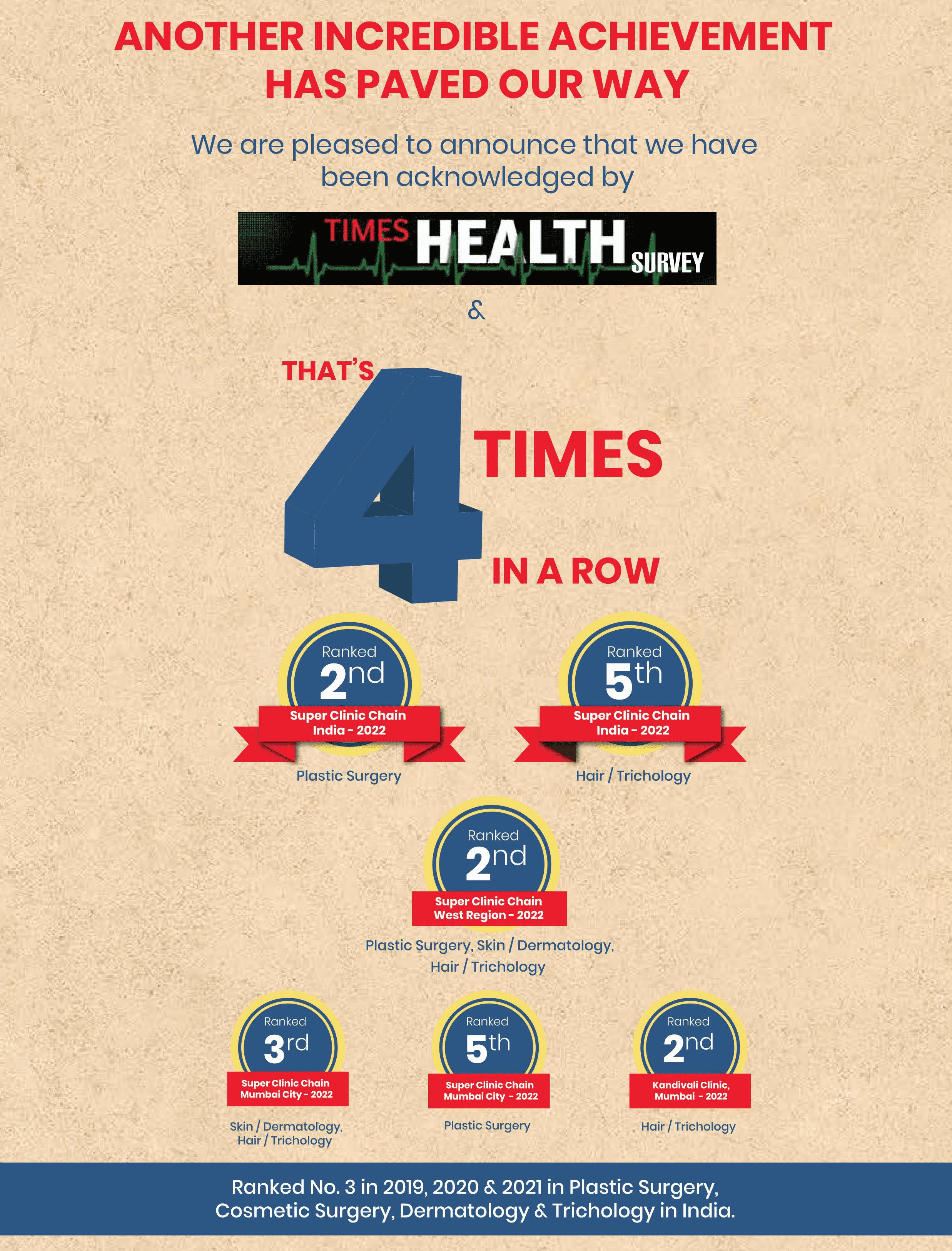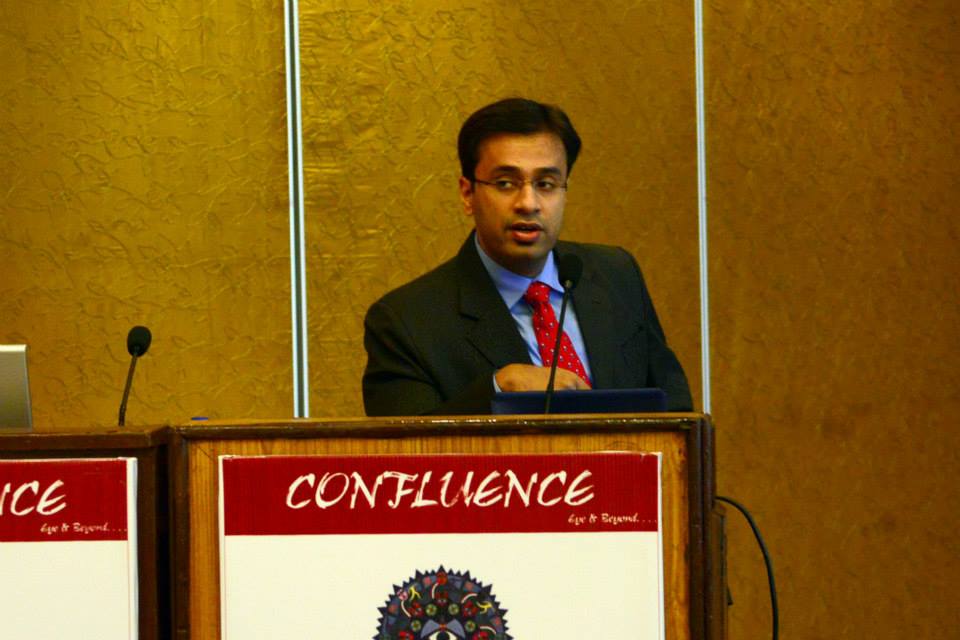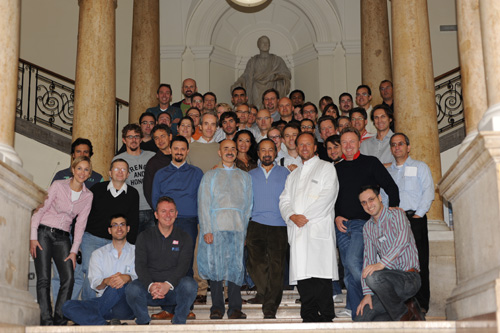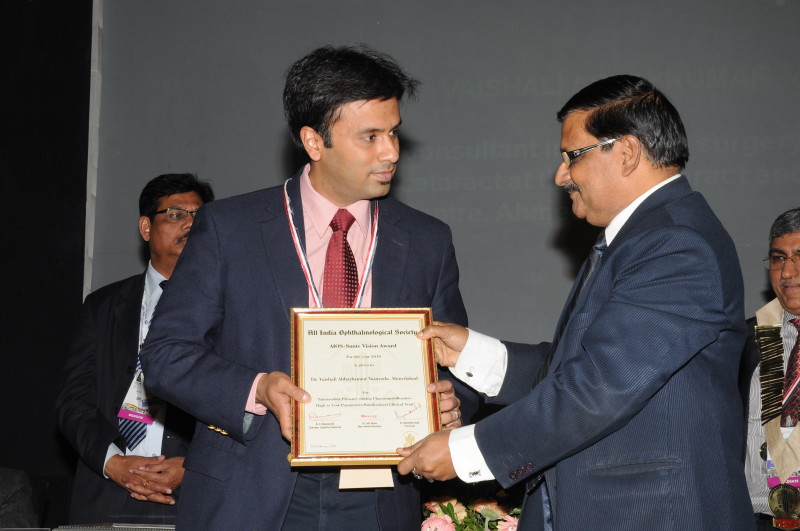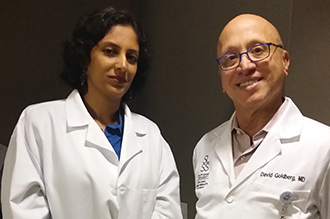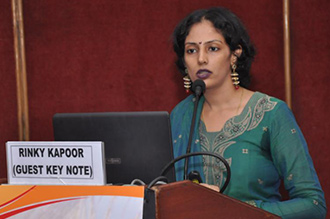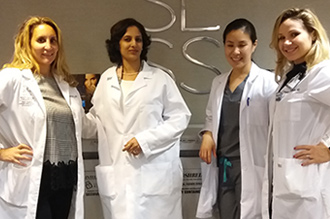Mohs surgery, which is sometimes referred to as Mohs micrographic surgery, is directed at treating skin cancer. It entails the removal of cancerous cells along with some margins of surrounding healthy tissue. It has been found effective to limit the need for further surgical interventions in the future. Essentially, Mohs surgery is adopted in addressing the issue of recurring skin cancer. Precisely stating, Mohs surgery has been vastly used in the treatment of squamous cell carcinoma – which affects the outermost layer of the skin – and basal cell carcinoma – which affects the cells responsible for producing new skin cells. Mohs surgery is reported to be the most successful surgical procedure used in treating basal cell carcinoma and squamous cell carcinoma – whether in cases of recurrence or fresh cancerous growth. The two approaches that are employed in carrying out Mohs surgery are the fixed-tissue technique and the fresh-tissue technique.
Mohs surgery may be recommended for a patient under the following circumstances:
The first step towards a successful Mohs surgery is the pre-surgery appointment with a surgeon. During this visit, the surgeon will carry out some evaluations. To start with, he/she will explore your past medical history to see if you have had any surgery in the past. Also, the surgeon will seek to know if you have suffered any skin infection, diabetic or cardiovascular complications prior to this particular appointment. All these are done to determine how suitable it is to perform Mohs surgery on you. So, you should endeavour to be as accurate as possible while responding to the questions on your health, and also, be free to ask the surgeon questions where necessary.
Going forward, the surgeon may also have you go through some diagnostic examinations like computed tomography and/or magnetic resonance imaging scans. Histological examinations will be carried to examine whether the cancerous cells have differentiated or not.
Once the condition has been diagnosed and the surgeon has selected Mohs surgery as the best skin cancer treatment course for your condition, he/she will discuss what the procedure entails with you – right from the days leading to the surgery down to postoperative period.
Here are some of the preparation tips you may be given by the surgeon:
Although Mohs surgery is considerably safe, offering a good prognosis, there are a couple of risks that may result after the operation. Some of these include:
Mohs Surgery: The Procedure
Mohs surgery is usually done under local anaesthesia and may take about four hours to complete. The two approaches to Mohs surgery are hereby discussed:
Mohs surgery is primarily an outpatient procedure; this means that you will be able to go home the same day the operation is completed though you will have to visit the clinic for a follow-up to check your recovery status. The surgeon will inform you about the time to remove the surgical dressing – this is mostly taken off within 1 – 2 day(s) after the surgery. That said, the moment after the surgery, you are going to feel mild to moderate swelling and/or pain – this should fade away in a couple of weeks. Nevertheless, you can place cold packs over the surgical site to minimize swelling. Besides this, it is of utmost necessity that you keep to every instruction given by the surgeon, and also use your medications religiously. Again, you should not indulge in smoking for at least 2 weeks after Mohs surgery has been completed.
A follow-up routine can be set up to ensure comprehensive examination of the skin – you can discuss this with your dermatologist or the attendant surgeon. The need for follow-up does not, in any way, undermine the effectiveness of Mohs surgery, but the fact is that individuals who have once had skin cancer may develop another bout of the symptoms of the disorder again in a couple of years – this is especially in cases of aggressively multiplying cancer.
Mohs surgery nearby in India is certainly achievable with the resources and team of surgeons at The Esthetic Clinics. We are a leader in providing reconstructive surgical therapies, adhering to a professional standard that is well-revered in a top clinic across the world. In addition to this, we tap into the experiences of multiple award-winning oculoplastic surgeon, Dr. Debraj Shome, and other notable surgeons within our rank to ensure that you will not only get a satisfactory Mohs surgery outcome but one that would retain considerable cosmetic outlook – our cosmetic surgeons are on hand to ensure this. Mohs surgery has to be performed by the best hands, with a significant level of precision, and these are guaranteed at The Esthetic Clinics.
The cost of Mohs surgery can vary from patient to patient. Certain factors like the severity of a patient’s case and/or tumour size, follow-up, and facility fee will notably determine your Mohs surgery price. Hence, you can only get a detailed cost estimate after your condition must have been carefully evaluated by our team.
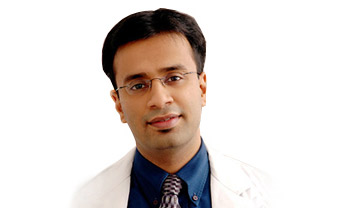

Dr. Debraj Shome is Director and Co founder of The Esthetic Clinics. He has been rated amongst the top surgeons in India by multiple agencies. The Esthetic Clinics patients include many international and national celebrities who prefer to opt for facial cosmetic surgery and facial plastic surgery in Mumbai because The Esthetic Clinics has its headquarters there.
